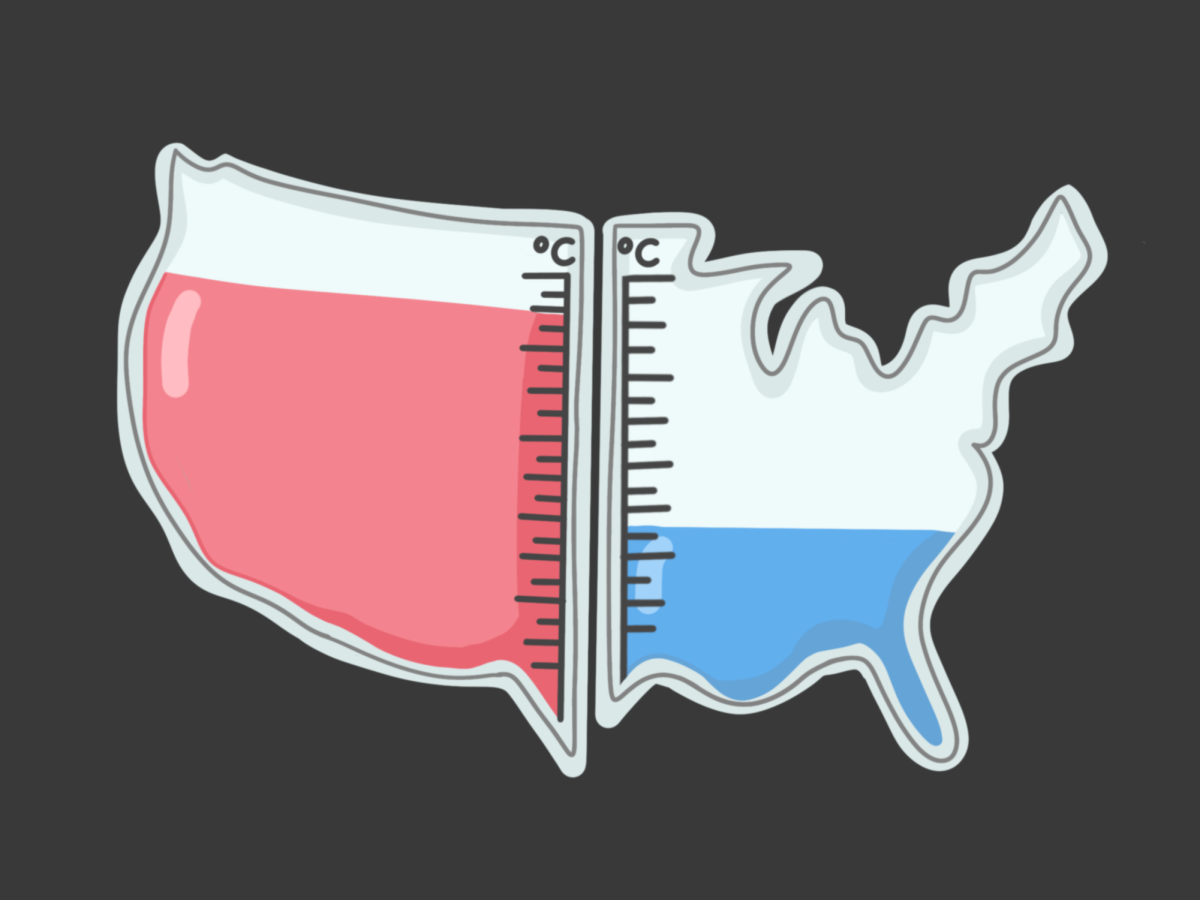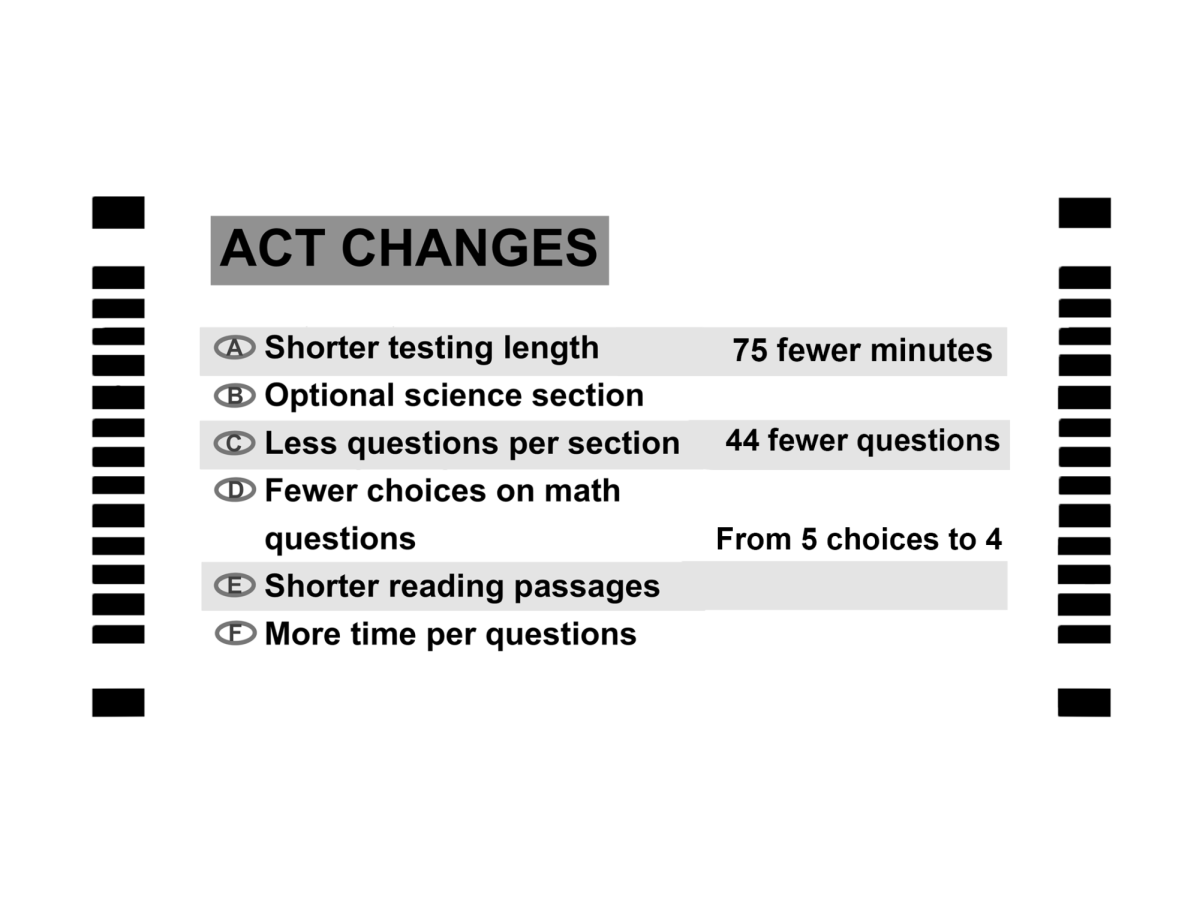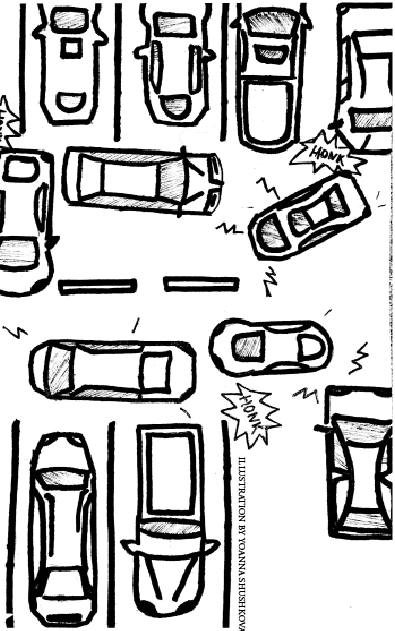Should the United States ban air travel to West Africa?
BY GRACE BRIDGES
The Center for Disease Control and Prevention has reported that as of Dec. 1, there were 16,899 cases of Ebola. Of those cases, 13,241 are in Guinea, Liberia and Sierra Leone. In contrast, by the end of November, there were 10 reported cases of Ebola in the United States.
Recently, restrictions have been placed on air travel in order to ensure there are no more cases in the United States. In addition to the obvious (limiting flights between the U.S. and West Africa) these restrictions include, according to the Los Angeles Times, sending travelers from West Africa to the five U.S. airports where most West African travelers have already gone.
The question remains, however, as to whether air travel from West Africa should be not only restricted but banned. It is essential to remember that the goal of any Ebola policy is to stop both the worldwide epidemic and the spread of the disease. Therefore, the decision to adopt any restrictive travel policy needs to be based on whether or not it achieves this end goal. A travel ban would not end Ebola worldwide. At most, it would stop Ebola from further infiltrating the United States. A nationalistic policy is egotistical and not beneficial to the world as a whole. Simply put, if the U.S. government banned air travel to West Africa, West Africa would still have an Ebola crisis.
In reference to restrictions on air travel, Dr. Kamran Khan, a medical journalist, told The Guardian, “The most proactive way [to protect affluent countries’ populations] is to decrease the many new infections in the source region itself.” In the same article, The Guardian reported that no more than three people infected with Ebola a month will try to board planes traveling to locations outside of West Africa.
During a speech in which he discussed the domestic threat of Ebola President Obama said, “We don’t want to discourage our health- care workers from going to the front line and dealing with this in an effective way. Our medical teams here are getting better and better prepared and trained for the possibility of an isolated Ebola case here in the United States. But in the meantime, we’ve got to make sure that we continue to provide the support of health-care workers who are going overseas to deal with the disease where it really has been raging.”
Placing a ban on air travel from Western African countries will not stop the spread of Ebola worldwide. In fact, the best option to stop the disease would require air transportation to West Africa, to face the disease at its source. All an air travel ban would do is stop doctors and other medical help from getting to Ebola and helping to eradicate this international threat.
















